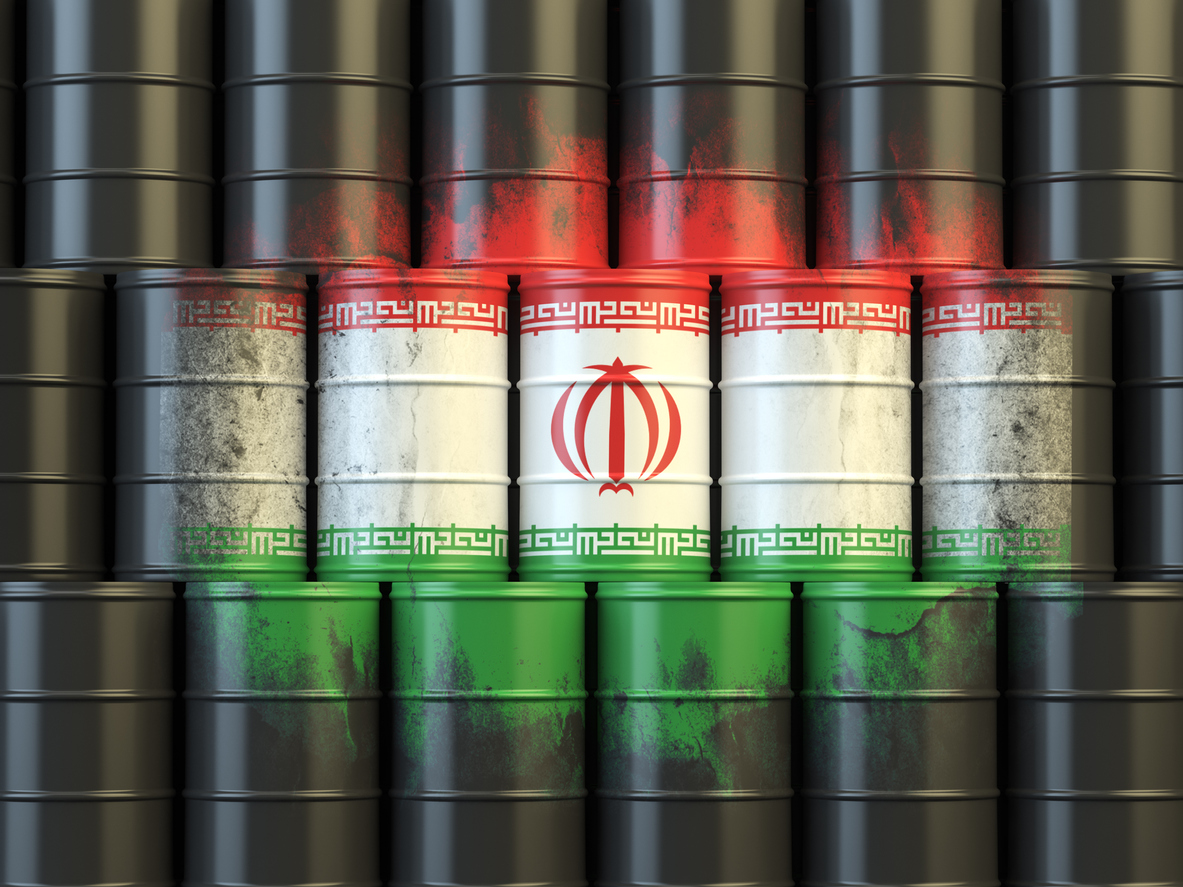In late April, the United States decided that it will longer grant waivers on sanctions to countries that buy oil from Iran. International purchases of Iranian oil will need to stop by early May. The decision, stricter than expected, caught several oil importers off-guard. News of the withdrawal of the waivers set off fears of oil shortages, and took crude oil prices to the highest levels that they have seen in six months.
The Six-Month-Old Sanctions Against Iran
The sanctions, which have been in place since November, came about when the Trump administration decided to unilaterally withdraw the United States from an accord reached in 2015 by Iran and six other countries to help put an end to Tehran’s nuclear ambitions. Under the sanctions, the United States has threatened to impose penalties on any country that trades with Iran. At the time, the United States granted temporary six-month waivers on the sanctions to eight countries, including India and China. Many countries expected that the waivers, when they ended in May, would be extended. This has not come to pass, however.
Iran Appears Unfazed
Iran has taken a defiant position in response to the news of the ending of the waivers. The country’s Revolutionary Guard has responded by threatening to shut down all traffic on the Strait of Hormuz, the narrow passageway between the Gulf of Oman and the Persian Gulf that it controls. About 40 percent of all internationally traded oil passes through the strait.
U.S. Arranging Alternative Supplies
In order to ensure that the world’s oil supplies are not affected by the sanctions on Iran or by any possible retaliation that the country might resort to, the United States has been working with major oil suppliers such as Saudi Arabia and the United Arab Emirates to get them to raise production and make up for any short supply.
The world’s oil markets do not seem to believe that these alternative supplies will be able to fully make up for any shortages. Saudi Arabia and the UAE are already hard at work trying to make up for losses resulting from the sanctions on Venezuela, after all. U.S. shale output has been slowing down as well.
The Saudi Arabian energy minister issued a statement shortly after the announcement, but only said that the country was monitoring developments. There was no commitment to raise oil production spoken of. Oil prices soon rose to their highest levels in 2019. The Brent benchmark touched $74 a barrel, its highest level in six months, and American prices rose to close to $66 a barrel, the highest that these prices have been in seven months. Nevertheless, the Trump administration is currently confident that OPEC countries will raise production quickly to deal with rising prices.
Countries Around the World Scrambling for Alternative Supplies
The loss of the waivers takes a million barrels of oil a day out of the world’s oil markets. Countries such as Taiwan, Greece and Italy have already ended purchase agreements with Iran. Large importers such as India, however, have been finding it hard to locate alternative supplies. Turkey, another major importer of Iranian oil, has sharply criticized U.S. actions.
According to Sigma Drilling Technologies, a major supplier of pulsation dampener solutions used by oil drillers, the rise in oil prices, at least in the short-term, presents American oil producers with a profitable opening. With adequate attention paid to pulsation dampener maintenance and other support activities, they should be able to step up production and profit from the rise in oil prices. Oil producers only need to focus on keeping their operations running smoothly.
To request a free product demonstration by Sigma Drilling Technologies, call (281) 656-9298 or fill out our contact form today.




